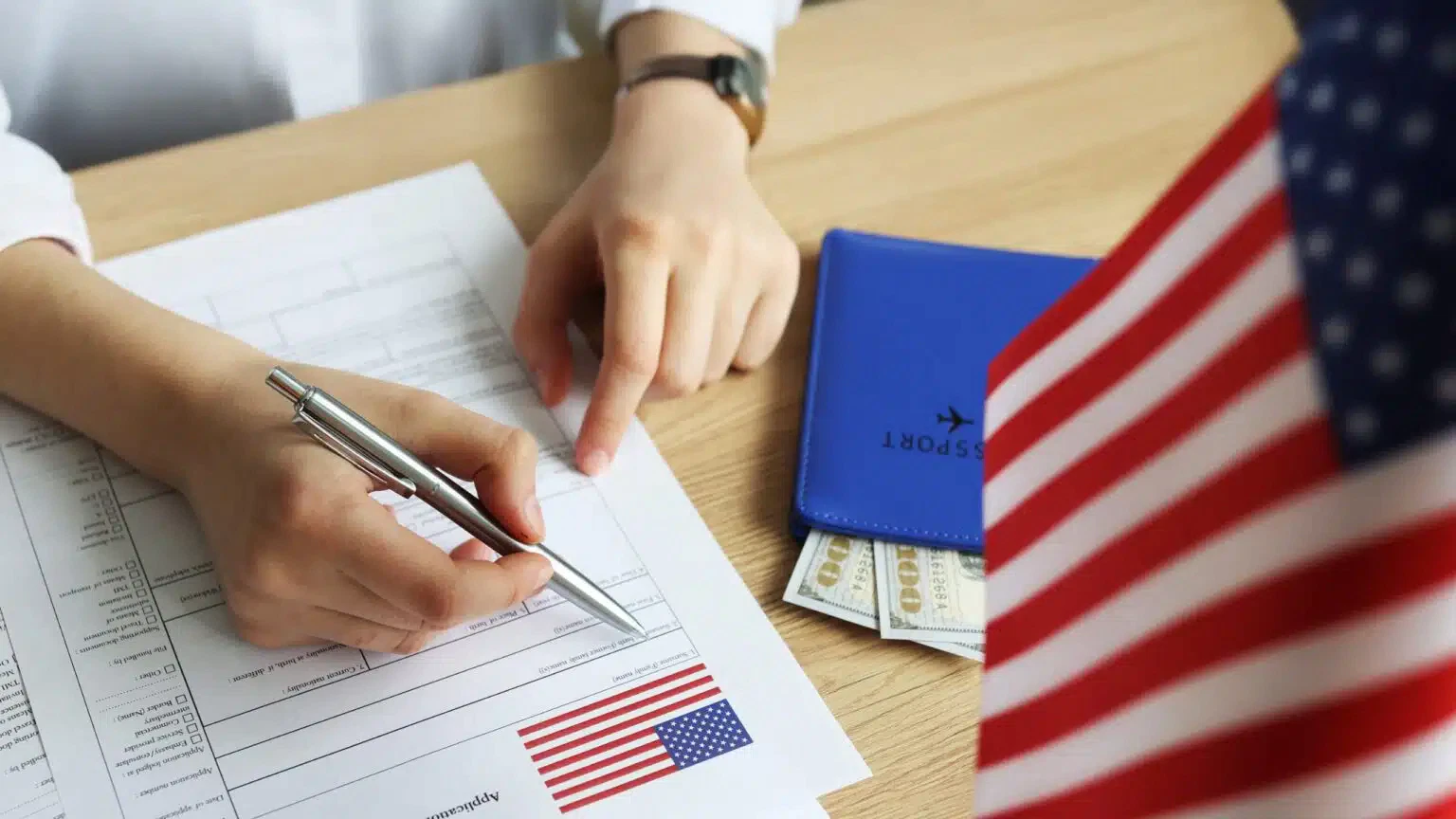Marrakech – The United States will soon require citizens from Malawi and Zambia to pay a $15,000 deposit for tourist or business visas under a new pilot program.
The initiative, announced by the State Department, aims to curb visa overstays and address what officials describe as “deficient” screening and vetting information.
Starting August 20, the 12-month program will run until August 5, 2026, targeting B-1 (business) and B-2 (tourist) visa applicants from countries with high overstay rates. The deposits will be returned to travelers who comply with visa conditions and don’t exceed their permitted time in the US.
Consular officers will determine bond amounts ranging from $5,000 to $15,000 based on applicants’ circumstances, including “purpose of travel, current employment, income, skills, and education.” Officials are generally expected to require at least $10,000.
Government figures from 2023 show that about 14% of visitors from Malawi and 11% from Zambian visitors overstay their visas. Other countries with higher overstay rates include Haiti (31%), Myanmar (27%), and Yemen (20%).
The latest Department of Homeland Security report listed Chad, Laos, and Haiti among countries with the highest visa overstay rates. An estimated 500,000 people admitted to the US during that period stayed beyond their visa expiration dates.
Visa holders from the two African countries must arrive and depart through one of three designated points of entry: Boston Logan International Airport, John F. Kennedy International Airport, or Washington Dulles International Airport.
“The Pilot Program is a tool of diplomacy, intended to encourage foreign governments to take immediate action to reduce the overstay rates of their nationals,” the State Department rule states.
The program also aims to push countries to “improve screening and vetting and the security of travel and civil documents, including in the granting of citizenship.”
State Department spokesperson Tammy Bruce described it as a “targeted common-sense measure” that “reinforces the administration’s commitment to US immigration law while deterring visa overstays.”
The new requirement aligns with President Donald Trump’s broader agenda on immigration.
Since returning to office in January, Trump has signed orders rolling back humanitarian programs for migrants and banned foreign nationals from 12 countries from traveling to the US, with partial restrictions on another seven.
A similar program was launched in November 2020 during Trump’s first term, but wasn’t fully implemented due to pandemic-related travel restrictions.
The US Travel Association estimates the “scope of the visa bond pilot program appears to be limited, with an estimated 2,000 applicants affected, most likely from only a few countries with relatively low travel volume to the United States.”
Additionally, a provision in a spending package passed by the Republican-controlled Congress in July created a $250 “visa integrity fee” for anyone approved for a non-immigrant visa. This fee, which takes effect October 1, could potentially be reimbursable for those who comply with visa rules.
The US Travel Association warned that this fee could hinder travel, noting that “if implemented, the US will have one of, if not the highest, visitor visa fees in the world.”
Trump’s immigration policies have already impacted tourism, with transatlantic airfares dropping to pre-pandemic rates in May and travel from Canada and Mexico to the US falling by 20% year-over-year.
Read also: 495 Moroccan Nationals Under Final Deportation Orders from US as of November 2024
